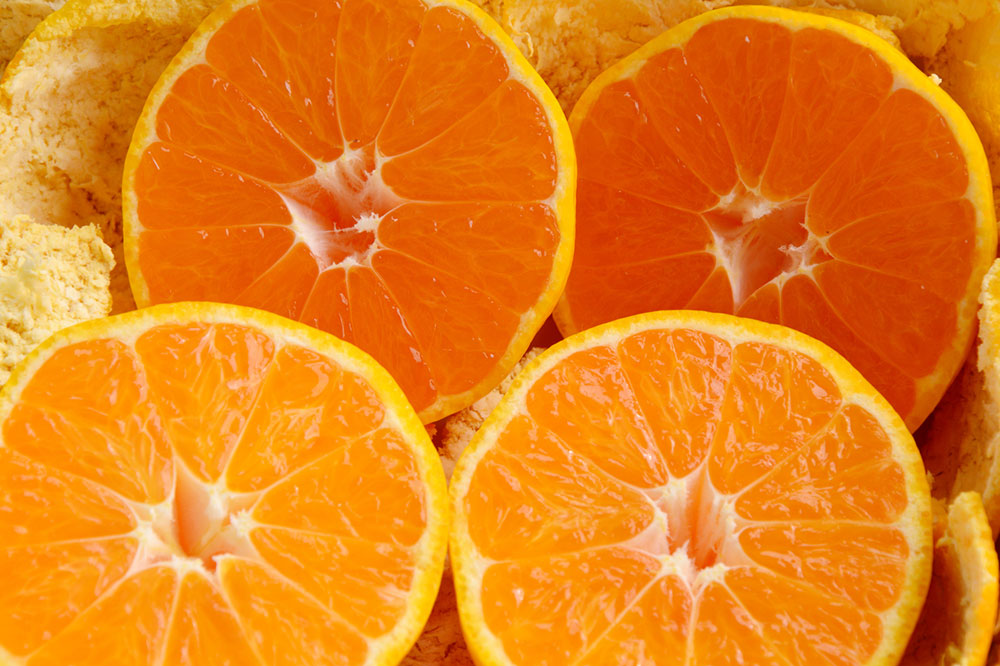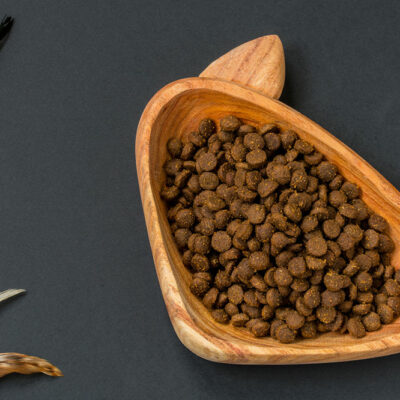
6 Foods That Keep GERD and Bowel Disease At Bay
Most adults experience minor heartburn once a while, and need to seek out GERD or bowel disease treatments, but Gastroesophageal Reflux Disease (GERD) may be the cause if it occurs more than twice a week. This condition manifests as acid reflux, which causes stomach acids to flow up the food pipe, leaving a sour and metallic taste in the mouth and a burning sensation in the chest area. Here are a few foods you can add to your daily diet to manage GERD symptoms better:
Fibrous foods
The main advantage of eating fibrous foods is that even a small portion will leave you feeling full, which prevents overeating and heartburn. Fill up your plate with whole grains like oatmeal and brown rice. Sweet potatoes, beets, carrots, and other root vegetables (except onions) are also great choices. Some other vegetables rich in fiber are asparagus, broccoli, spinach, kale, and Brussels sprouts.
Alkaline foods
Foods that have low acidic content are great for people with GERD, as they aid digestion and prevent an upset stomach. Fruits like muskmelon, watermelon, and honeydew have low acidic properties. Fennel also has low-acidic levels and soothing properties. Lettuce, celery, and sweet peppers, on the other hand, prevent heartburn and won’t cause excessive gas in your body.
Lean meat and fish
A good source of healthy carbs, chicken and turkey are easy on the stomach. That said, avoid the deep-fried versions and opt for boiled, broiled, or grilled versions with limited spices. Freshwater fish are abundant in omega-3 fatty acids and also provide proteins and vitamins. You can also take fish oil supplements after consulting your doctor. For vegan omega-3 sources, sprinkle flax seeds in your salads or add them to smoothies.
Ginger
Limit your daily cup of coffee and opt for ginger tea without sugar after your last meal. Its soothing properties are known to aid digestion, and ginger also has anti-inflammatory compounds that are beneficial for the respiratory tract and stomach. You can also grate boiled ginger in warm water and drink the solution thrice a day for effective results.
Dairy and vegan food options
Eggs are wholesome foods recommended for overall health due to their high protein content. Since fats are best avoided for people with GERD, keep the yolk aside and eat only the whites. Steer clear of full-fat and skimmed milk, as they trigger reflux. Instead, opt for soy milk as a beneficial alternative, even if you’re lactose intolerant. Those who follow a vegan diet can also opt for tofu.
Vinegar
Adding a few drops of vinegar to warm water and drinking it can work wonders for acid reflux, but avoid drinking it raw as it can irritate the esophagus. Drinking this solution before a meal can help prevent GERD symptoms. Vinegar gives the stomach a probiotic boost and reduces harmful bacteria.
If you suffer from chronic GERD, or suspect your symptoms are something more serious, like inflammatory bowel disease, talk to your doctor about effective treatment options, such as Stelara, Entyvio, Otezla, Kesimpta, and Linzess.


